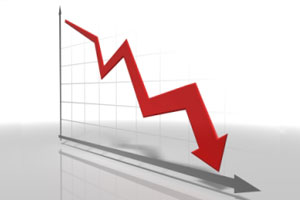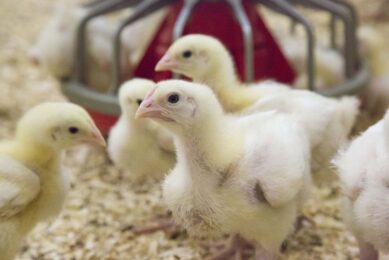Feed prices stunt poultry industry growth in Nigeria

The poultry industry in Nigeria had been rapidly expanding in past years, increasing from 185,300 MT in 2001 to 268,000 MT in 2011. However, high input costs in 2008 and 2010, caused flock expansion to effectively cease in 2008 and in 2011.
Although an import ban on corn was lifted in 2008, most poultry producers are wary to import for fear that corn merchants with strong political connections will use Custom officials to frustrate such imports, according to a recent USDA report.
Soybean meal is the dominant and preferred protein ingredient in poultry feed rations. Prices of soybean meal surged to a high of $775 a ton in 2011, up from $485 the previous year. In ideal situations, poultry producers would prefer soybean meal inclusion rate of 30 percent in compound their feed, but the scarcity and high cost of the product have forced them to reformulate in favor of low quality substitutes such as peanut cake, cottonseed, and palm kernel meal.
Nigeria currently bans live poultry (excepting only day-old chicks) and poultry meat, including fresh, frozen, and cooked poultry meat, due to concerns over their ability to enforce SPS standards on imported animals and goods.
In 2011 Nigerian hen egg production totaled 636,000 MT and was valued at $527.49 million, ranking 19th in world hen egg production and the top producer in Africa.
Join 31,000+ subscribers
Subscribe to our newsletter to stay updated about all the need-to-know content in the poultry sector, three times a week. Beheer
Beheer








 WP Admin
WP Admin  Bewerk bericht
Bewerk bericht